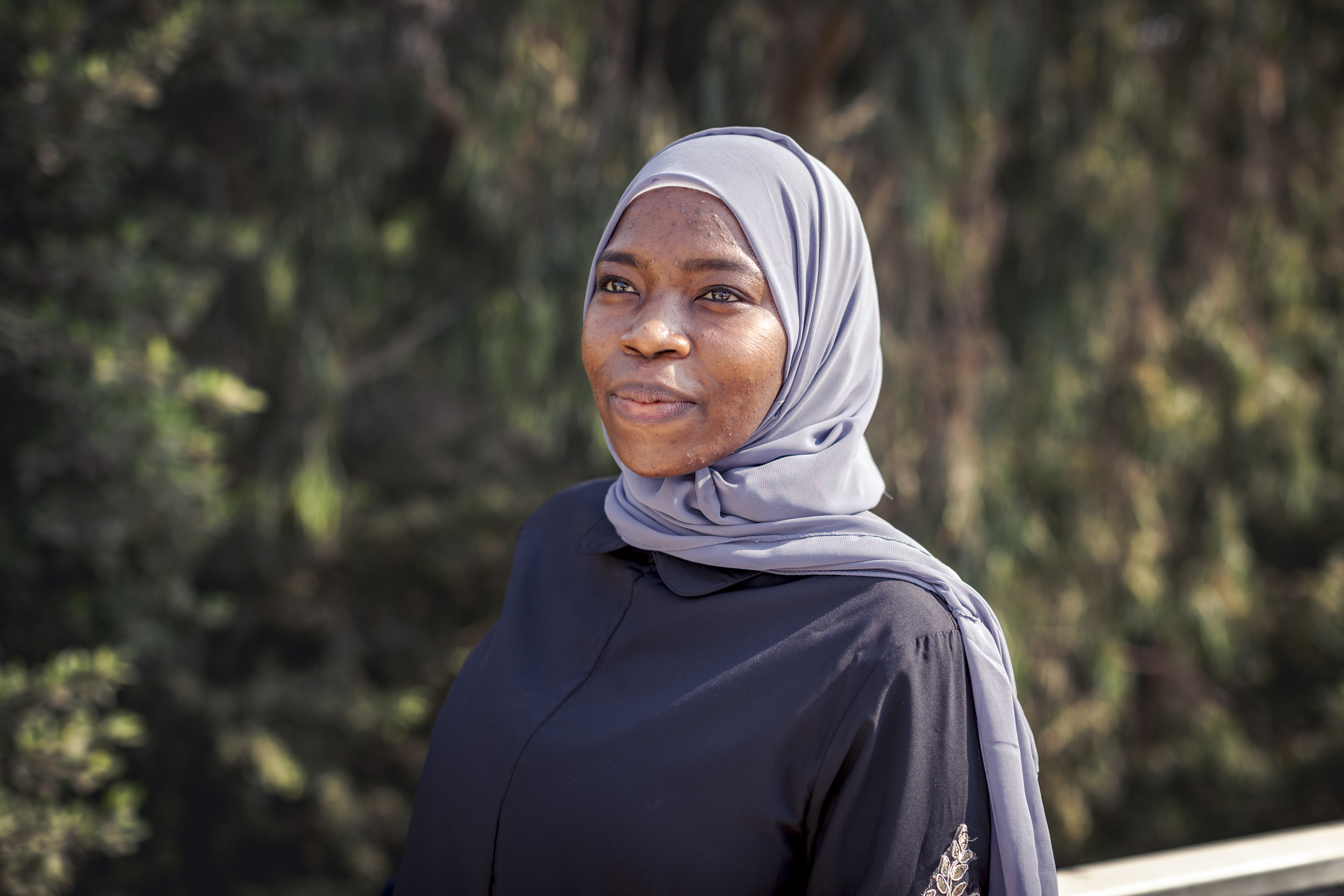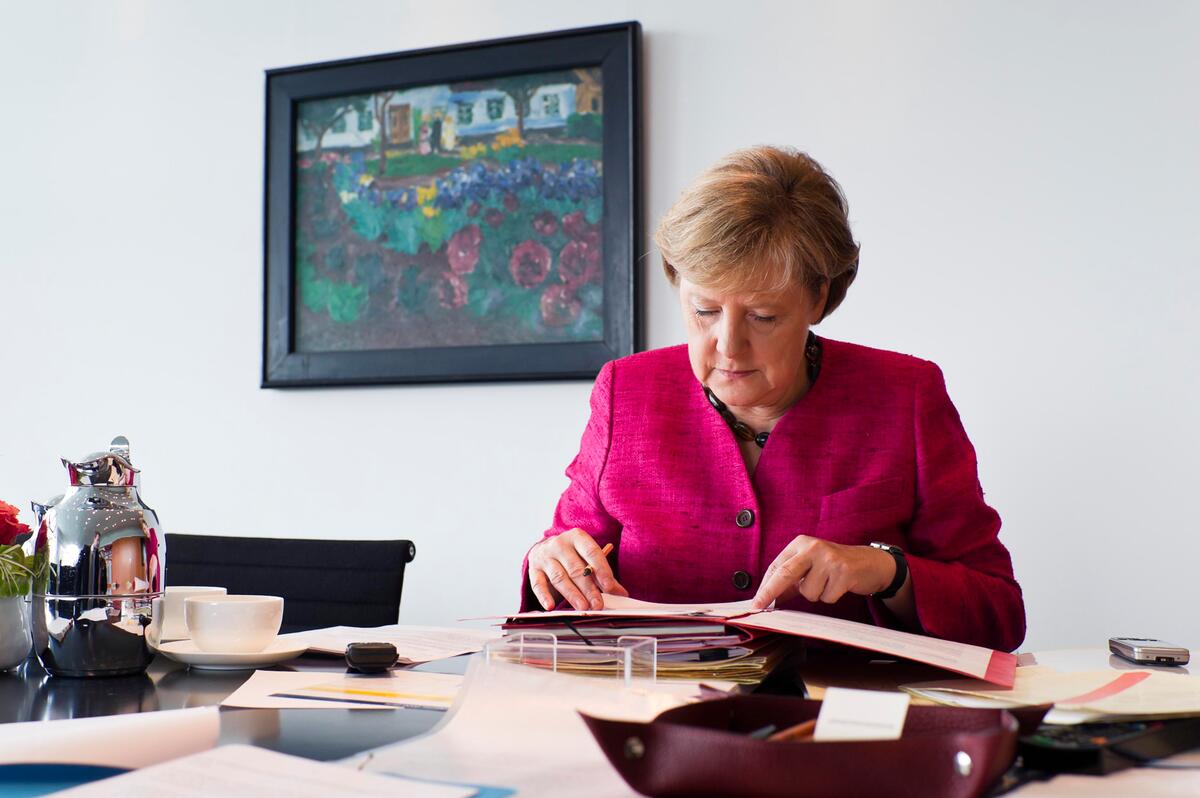After hours classes let Syrian refugee children continue studies
After hours classes let Syrian refugee children continue studies

ARSAL, Lebanon, January 13 (UNHCR) - When their home town of Qusayr came under siege last year and the whole family had to sleep rough in hastily dug bunkers to avoid the nightly bombardment, each morning Rabia dressed her two older children, aged 15 and 12, and sent them off to school.
It was a schedule that the 37-year-old mother kept to even with war planes roaring overhead. The children would run, often barefoot, and the teacher would send them home if the shelling became too intense, but Rabia kept them going.
Last November, the family arrived exhausted as refugees in Lebanon, after a fresh offensive in Syria's Qalamoun region drove them across the mountains and into the town of Arsal. The very next morning the two children spotted the only school bus in the mountainside town and chased it down, pleading to be let on board despite their fatigue.
Many Syrian children are missing school as a result of the almost three-year-long civil war. But some are missing it more than others. For refugee families like Rabia's, it has been the most important goal, more important she insists than a warm place to sleep, more important even than her children's security.
"We've lived in terror for three years. We've been cold for three years. But what I cannot bear is to have my kids without an education," she said one afternoon recently, adding: "We have lost everything from this war. Should our children lose their education as well?"
The family is now living in a single room in a mosque overlooking the snow-capped mountains along the Syrian border. It is cold. But Rabia says she does not care about that.
"What are the consequences of war? Destruction and ignorance. I don't want my children to be a part of this. I don't want to give up because of a war," said Rabia. "I am doing everything I can so that they are not illiterate and so that they can continue to learn."
That spirit has recently met with some success. Rabia's oldest son, 15-year-old Tarek, and his brother, managed to enrol in school for the first time since fleeing Qusayr. It is part of a new programme in Lebanon designed to enrol more Syrian children in school.
The two boys are taking advantage of a second shift, funded by UNHCR, in which children begin their school day after regular school hours. In the town of Arsal, where half the people are now Syrian refugees, it's a way to accommodate the influx. Even with the new changes, more than one half of Syrian children in Lebanon are still not in school.
Rabia's struggle to educate her children, against the odds, underscores the difficulties Syrian families face as a result of the Syria crisis, which began in March 2011, and how, despite those obstacles, many are looking to their children's future regardless.
"I was never able to learn to read," Tarek's grandmother, Hasnaa, who is about 70 years old, explained. She grew up on a farm in northern Syria. While her parents sent her four brothers to school, she and her three sisters stayed home. Illiterate, she decided that her own daughters would not suffer the same fate. "It wasn't fair but those were different times," she said.
Hasnaa hid her illiteracy from her own nine children, pretending to understand their homework assignments. She put all of them, eight girls and one boy, through secondary school, despite losing her husband at a young age and having to raise them on her own. Five went on to higher education.
Her daughter Rabia got a First in Agriculture. "Now they can be independent," says Hasnaa of her daughters, most of whom are still in Syria. "They can provide for their own families. And send them to school as well."
Like mother like daughter. Rabia's son Tarek admits to being "a little" afraid when he was running to school last year back in Qusayr. One day he sat exams and got home just as the bombs started following along the street he took from school. His mother says that Tarek's father was more afraid for him than he was for himself.
Tarek says he wants to be an IT engineer when he grows up. There is calmness to his demeanour, despite all that he has been through. He is a quiet boy. But like his mother and grandmother, he knows what he wants.
By Andrew Purvis in Arsal, Lebanon








